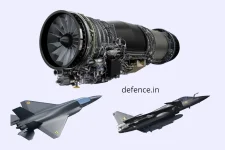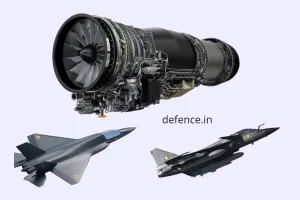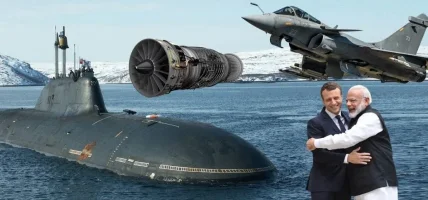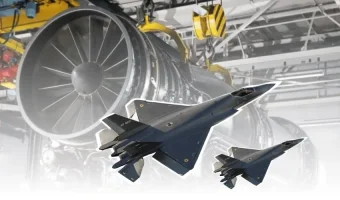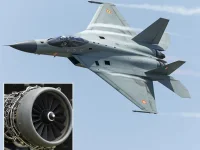- Views: 5K
- Replies: 37
French aerospace giant Safran is making a strong bid to collaborate with India on the development of a powerful 110kN engine for the nation's ambitious Advanced Medium Combat Aircraft (AMCA) program.
In a move that could significantly impact India's fighter jet landscape, Safran has revealed that this new engine could also be integrated into the Tejas Mk2 if India decides to move away from the currently planned General Electric F-414 engine.
This revelation comes as India is actively pursuing local production of the F-414 to power its Tejas Mk2 fleet. However, the potential availability of a more powerful, domestically produced engine in the same timeframe presents a compelling alternative for the Indian Air Force (IAF).
Safran projects that its 110kN engine will be ready for production around 2033-34, coinciding with the expected production timeline of the Tejas Mk2, slated to begin around 2029-30. This alignment offers India a unique opportunity to reassess its engine strategy for the Tejas Mk2, especially as the IAF anticipates receiving 120 of these jets by the late 2030s.
The IAF's future operational requirements, including the need for enhanced thrust and evolving air superiority challenges, could sway the decision in favor of Safran's offering. The 110kN engine could provide a significant performance boost to the Tejas Mk2, potentially influencing future orders and upgrades.
While India remains committed to its indigenous defence production goals, with ongoing discussions centered on localizing the F-414 engine production, Safran's proposal introduces a new dynamic.
The decision to adopt the 110kN engine for the Tejas Mk2 would involve careful consideration of technical compatibility, strategic operational needs, and geopolitical factors.
Safran's proposition highlights the evolving landscape of India's fighter jet programs. As the race to develop the 110kN engine for the AMCA intensifies, the potential implications for the Tejas Mk2 are becoming increasingly evident. The adaptability of Safran's engine to the Tejas platform could provide the IAF with valuable options to bolster its aerial capabilities in the years to come.

